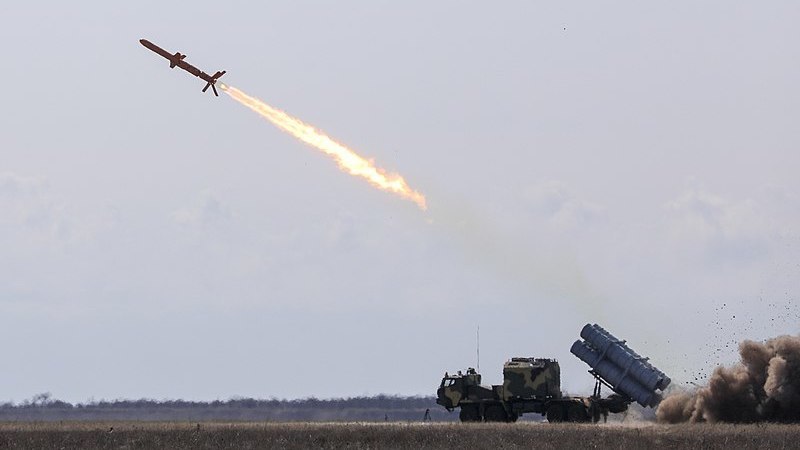As the Pentagon calls for $3.6 billion to develop new hypersonic weapons next year, critics fear a new arms race is at bay, the Christian Science Monitor reports.
“Our ultimate goal is, simply, we want to dominate future battlefields,” Mark Lewis, the Pentagon’s director of defense research and engineering for modernization, told reporters in March, the news agency reported.
The weapons fly at blazing speeds and are hard to detect and destroy, with President Donald J. Trump calling them "super-duper" missiles, the story said.
The Trump administration is focusing on this feat now that both China and Russia have come out ahead in the ultra-fast flight race, the Monitor reported. However, critics don't think that the weapons are necessary because they won't deter war and may, instead, create a new arms race, the news agency reported.
“We have the super-fast missiles – tremendous number of the super-fast," Trump said in February, the news agency reported. "We call them ‘super-fast,’ where they’re four, five, six and even seven times faster than an ordinary missile. We need that because, again, Russia has some."
Earlier this month, Trump told reporters America didn't have a choice and had to work on the development of the weapons because of China and Russia, the Monitor said.
The two types of hypersonic weapons the Pentagon is considering are the hypersonic glide vehicle and the hypersonic cruise missile. The hypersonic glide vehicle is launched from a rocket and glides to its target, while the hypersonic cruise missile can be launched from a fighter jet or a bomber and fly at lower altitudes, the story said.
The U.S. published basic research on the weapons years ago but then "kind of took our foot off the gas,” Lewis said, the Monitor reported.
“By almost any metric that I can construct, China is certainly moving out ahead of us,” Lewis said. “In large measure, that's because we did their homework for them.”


 Alerts Sign-up
Alerts Sign-up